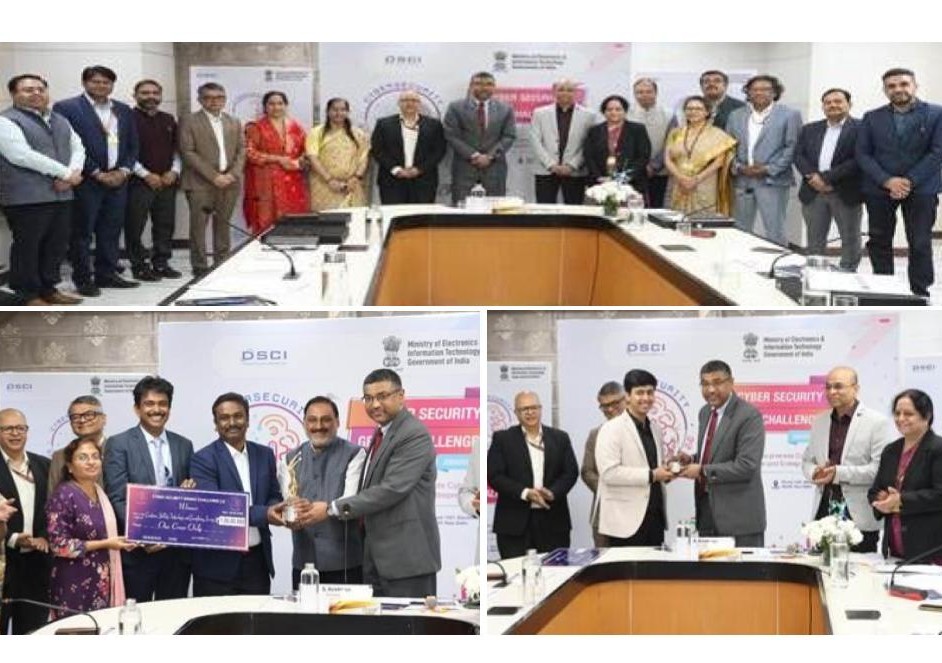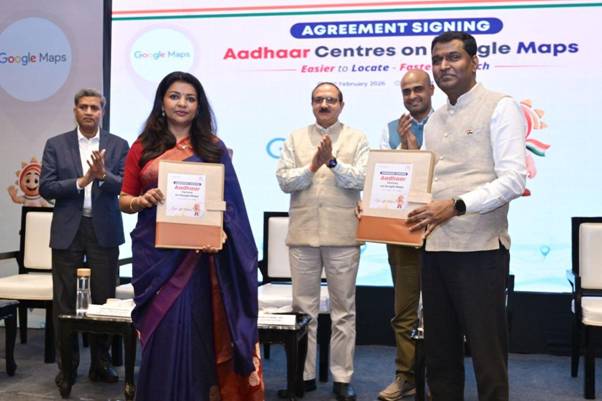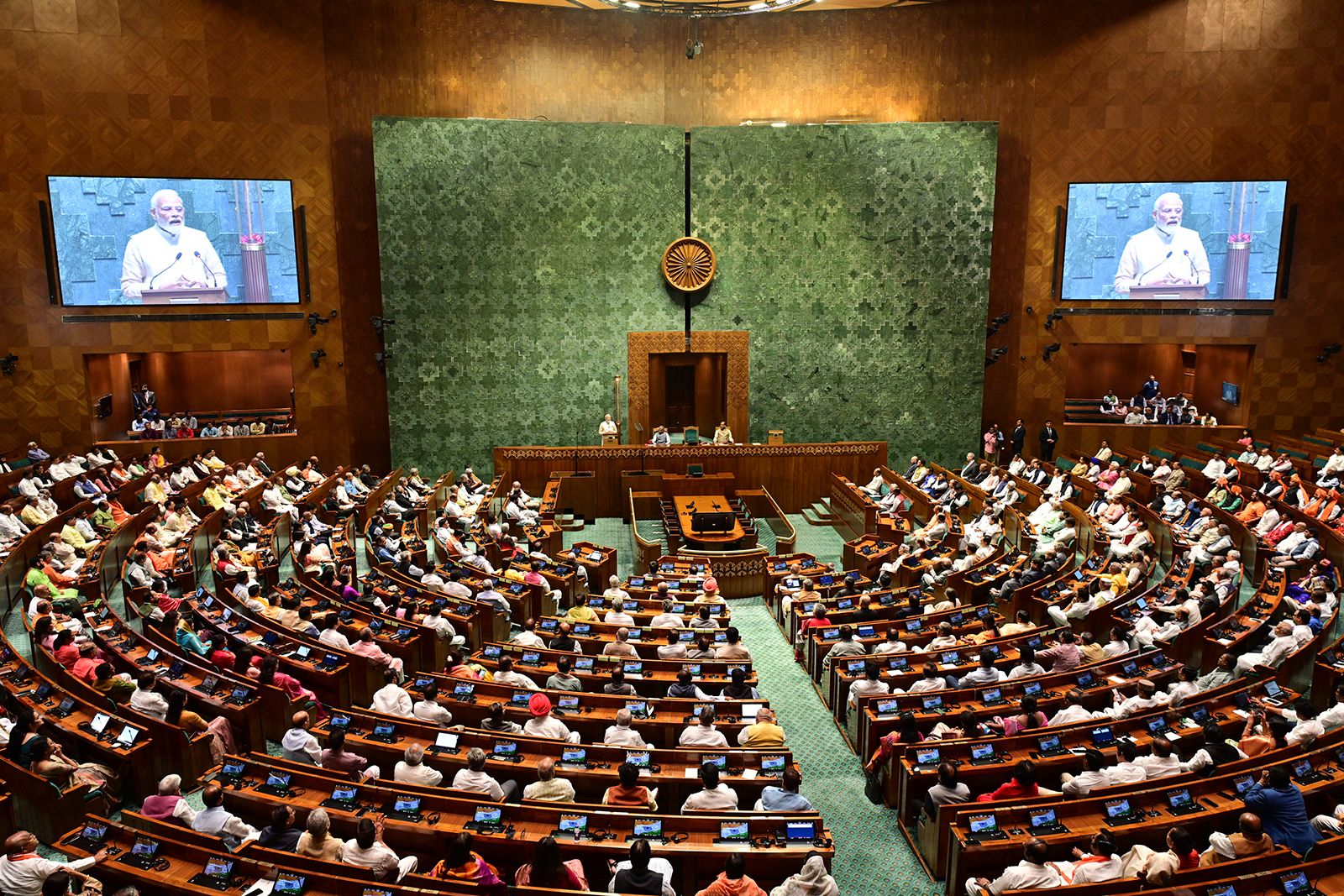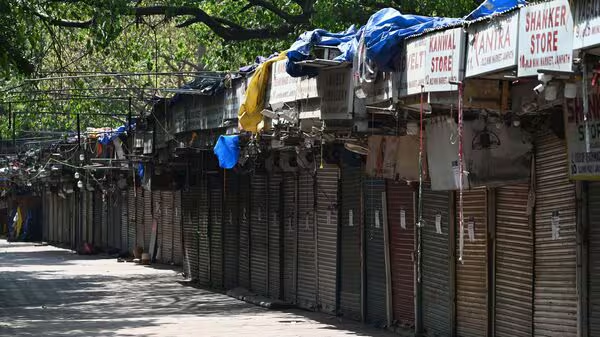New Criminal Laws Aim to Deliver Speedy, Victim-Centric Justice: MHA

“The new laws promise faster and fairer justice while balancing the rights of victims and the accused, with a reformative approach where possible,” the Ministry said.
New Delhi, August 21: The Ministry of Home Affairs (MHA) has outlined key features of the newly enacted criminal laws — the Bharatiya Nyaya Sanhita, 2023 (BNS) and the Bharatiya Nagarik Suraksha Sanhita, 2023 (BNSS) — describing them as a landmark step towards a faster, fairer, and citizen-centric justice system.
In a written reply to the Rajya Sabha, Minister of State for Home Affairs Bandi Sanjay Kumar said the reforms are designed to reduce overcrowding in jails, ensure victim participation, strengthen protection for women and children, and integrate technology and forensics into investigations.
Key Reforms
Among the notable changes, plea bargaining has been made time-bound, with applications to be filed within 30 days of framing of charges. First-time offenders may face reduced punishment — one-fourth to one-sixth of the prescribed sentence — under mutually agreed settlements.
To tackle the issue of undertrial prisoners, the laws cap maximum detention. First-time offenders must be released on bond if they have spent one-third of the maximum prescribed jail term in custody. Jail superintendents are now mandated to move courts for such release.
For the first time, community service has been introduced as a form of punishment for minor offences.
Victim-Centric Measures
The new laws place victims at the heart of the justice system. Provisions include:
- Online reporting of crimes and Zero FIRs, allowing complaints at any police station.
- Free copies of FIRs, case progress updates within 90 days, and mandatory supply of investigation documents within 14 days.
- Mandatory victim hearing before withdrawal of prosecution.
- State governments required to implement a Witness Protection Scheme.
In cases of sexual offences, victims’ statements must be recorded on audio-video, preferably by a woman magistrate. Medical reports are to be submitted within seven days, and all hospitals are required to provide free first aid and treatment.
Technology and Timelines
The laws mandate forensic experts to visit crime scenes in serious cases and make videography compulsory to prevent tampering of evidence. Electronic summons and fully digital proceedings have been introduced.
Strict timelines have been fixed for various stages of trials, including 14 days for preliminary enquiry, 90 days for further investigation, 60 days for framing of charges, and 45 days for pronouncement of judgment. Courts can now grant a maximum of two adjournments to avoid undue delays.
Protection of Women and Children
Offences against women and children have been prioritised. Gang rape of a woman below 18 years now carries punishment of life imprisonment or death, replacing earlier differential age thresholds. Hiring or using children to commit crimes is now punishable with a minimum of seven years’ imprisonment.
New Offences and Provisions
Fresh provisions criminalise terrorist acts, mob lynching, organised crime, petty organised crime, and snatching. Repeat offenders of theft face a mandatory minimum of one year’s imprisonment, while first-time petty theft offenders are given community service if the stolen property is valued below ₹5,000.
The laws also allow for trial in absentia of proclaimed offenders, ensuring proceedings are not stalled by absconding accused.
“The new laws promise faster and fairer justice while balancing the rights of victims and the accused, with a reformative approach where possible,” the Ministry said.








